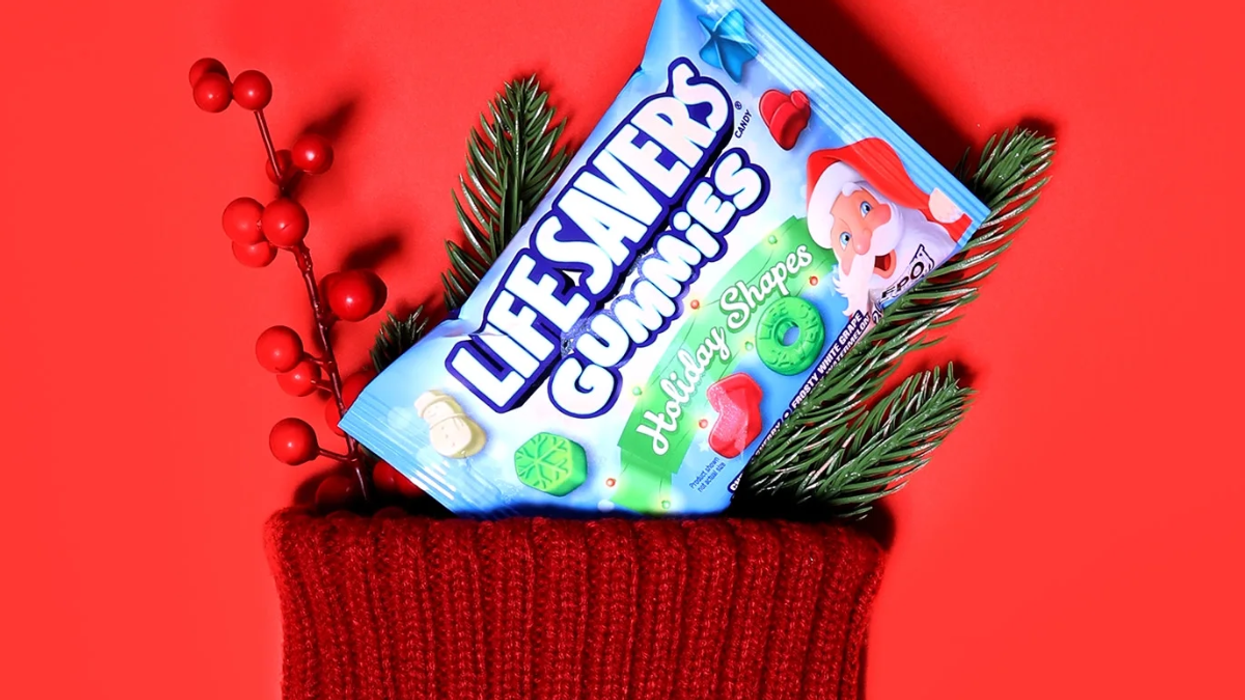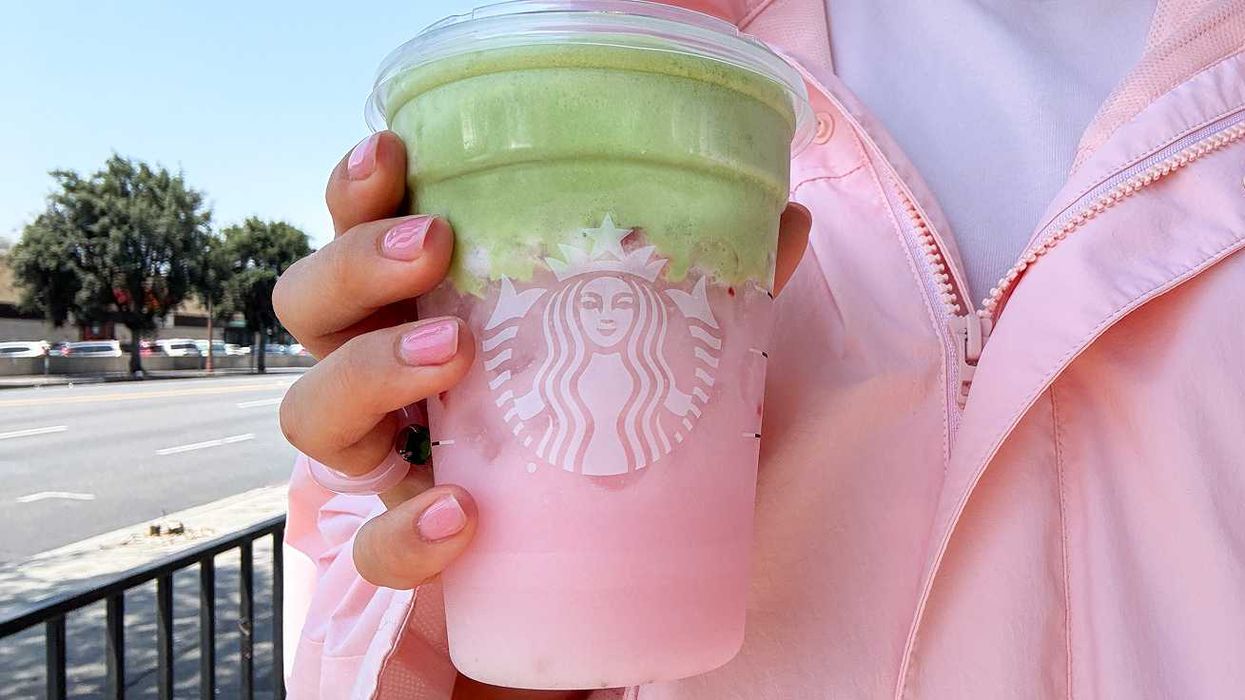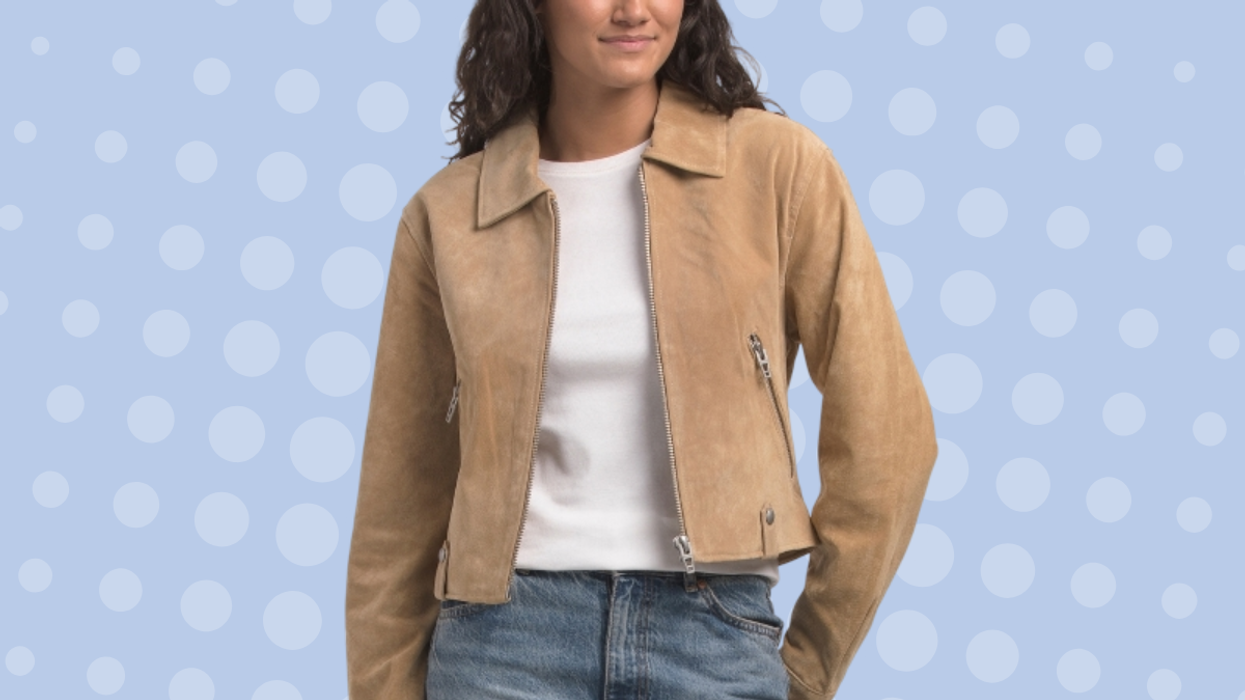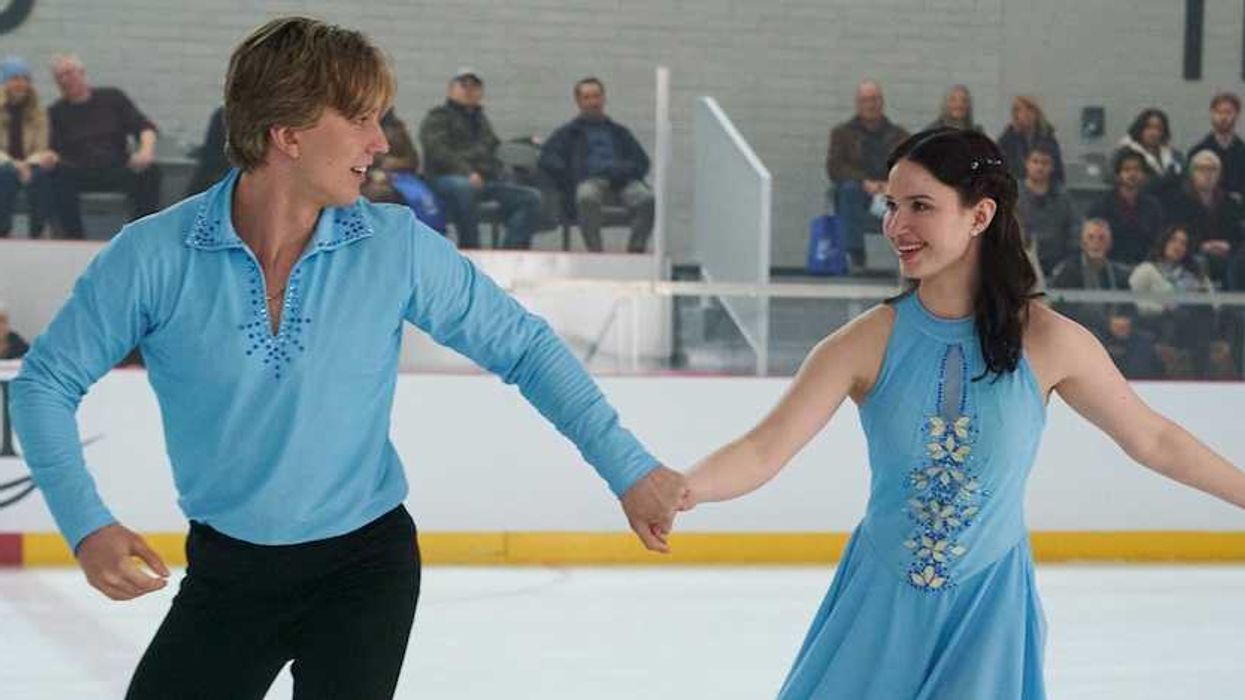Live your fullest life in the now.
Why Loving Yourself Naked Is Important
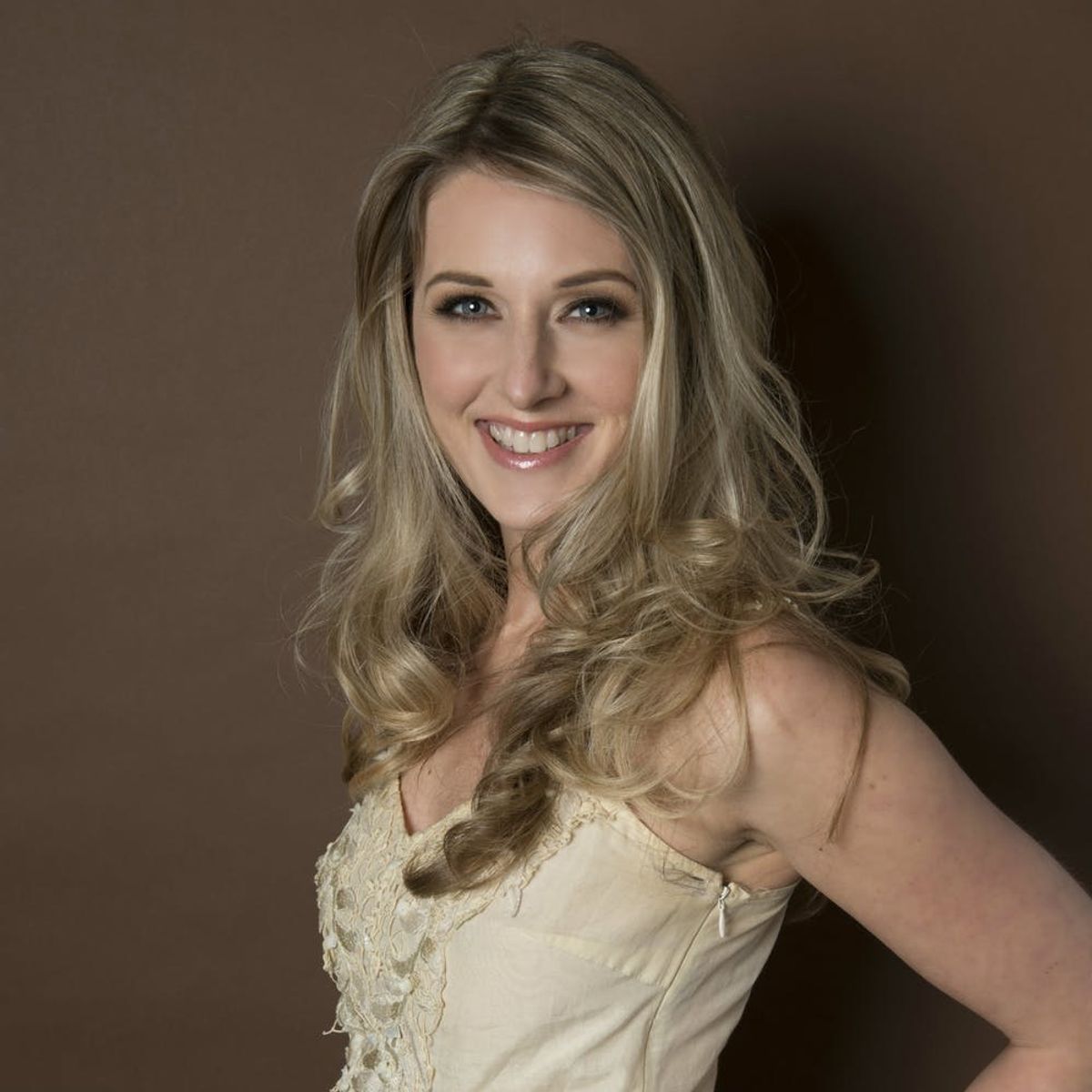
We all want to feel good in our own skin. Unfortunately, only 29 percent of women say they have a positive relationship with their body. Life coach Renee Jayne has developed a practice called Love Yourself Naked that addresses people’s body insecurities and damaged self-confidence by focusing on nutrition and emotional coaching. There’s no dieting or counting calories, but this also isn’t simply a manifesto on learning to love your body without making changes. “People who work with me say that something has profoundly changed and that’s the nature of what we’re asking for when we say we want to love ourselves,” Jayne explains. “It’s kind of a big deal. It does change our life.”
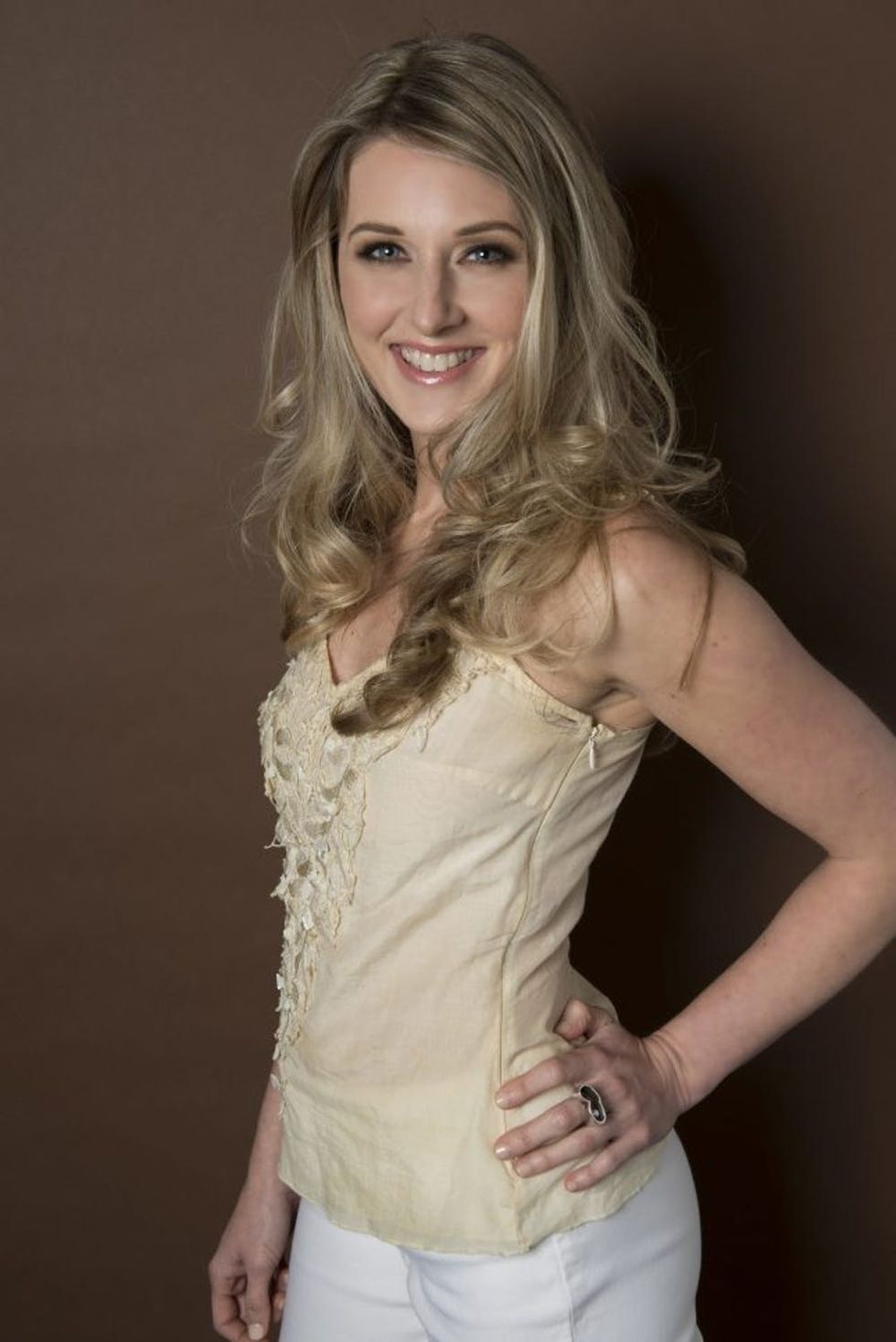
There are a few layers to loving yourself naked, Jayne explains, but at its core, it involves finding a sense of peace with where you are right now. This connection with self-love and self-confidence is why Jayne calls the program a practice, rather than a destination. She believes there’s a difference between self-esteem and self-confidence, clarifying, “Self-confidence isn’t a continual pattern. There’s an underlying sense of self-esteem that we all have, but things happen in our lives that throw that off. If something pulls the rug out from under you, it may knock your self-confidence.” However, a deeper sense of self-esteem can get you through the toughest parts of life. “You may not always feel confident, and you may be vulnerable. But you can love yourself through pain and surrender and grieving.”
On another level, Jayne stresses that many people’s self-love is tied up in their relationship with food and their physical health. She believes, based on her own health journey as well as working with clients, that it’s okay to want to make some lifestyle changes while also working on self-confidence. This is the paradox of loving yourself naked.
“Even though we want to love ourselves where we’re at, and we don’t necessarily want to have to change to love ourselves, it’s okay to think it would also be nice to make some lifestyle changes too. Sometimes changes in our body make us feel confident and often make us want to continue on with a focus on health,” Jayne points out. Aesthetic changes absolutely don’t mean that you’ve lost the war of self-acceptance. In fact, it often means the opposite. “Some people don’t even have that [weight loss] goal, but for those who do, it’s interesting how it’s all connected,” she says.
Science backs up her observation. Research shows that teaching people how to practice mindful eating and develop realistic physical expectations (that aren’t driven by the photoshopped celebs that often drive an unrealistic body image), rather than focusing on dieting or weight loss, actually leads to weight loss. “It depends on the person, but sometimes people come to a more accepting relationship with themselves by understanding their relationship with food, and some people come to it through self-care,” Jayne notes.
With unhealthy food marketing constantly in our faces, it’s harder than ever to make healthy choices and resist habits that are bad for our bodies. Jayne never coaches her clients on restrictive, quick-fix diets that inevitably fail to address lifestyle issues and underlying relationships with food. By helping people understand the food system and how to healthily fuel their bodies — and pay attention to their mental health — Jayne sets her clients on a journey toward loving themselves naked. She gives us advice on where to start.
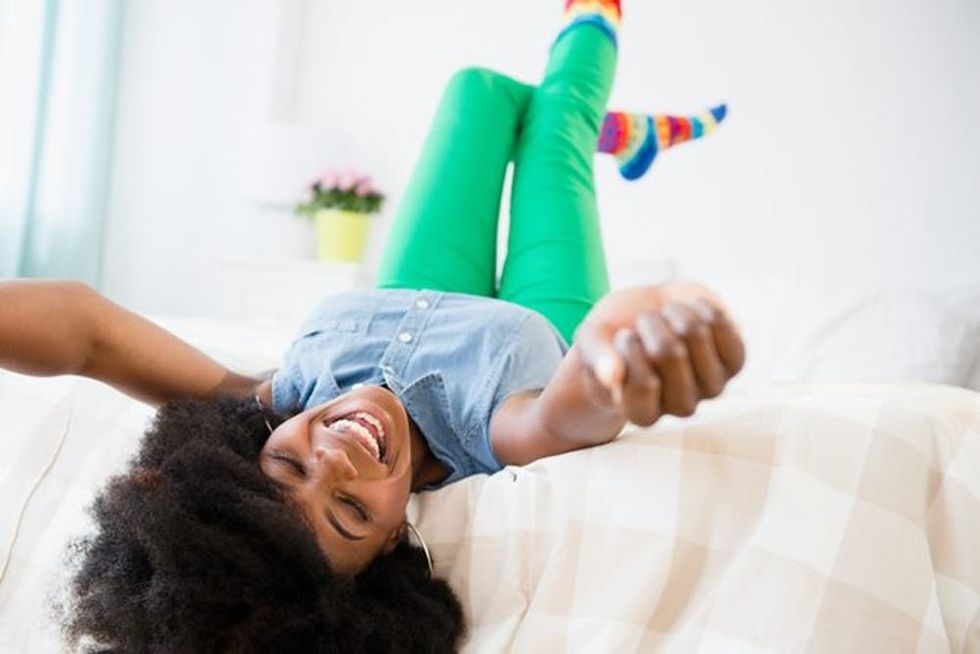
4 Way to Start Loving Yourself Naked
1. Ask yourself: What does my body need? Put this question on a Post-It in plain view, so that you’re asking it often. Jayne says the answer isn’t always eating nutritious meals. Sometimes you need sleep, or vitamin D, to help you feel good or return your body to balance.
2. Make sure you’re setting and holding boundaries. Ultimately, according to Jayne, you need to have a clear definition of what success means to you, whether it’s being physically healthier, losing some weight, or forming deeper connections with the people in your life. “Those things become the consequences of finding peace,” Jayne tells us. Depending on your goal, one boundary could be not exposing yourselves constantly to an unhealthy temptation, like Starbucks Frappuccinos, by taking a different route to work. Also, “if you look at boundaries as energy leaks, you can find them within your relationships,” Jayne notes. “Pay attention to people who are always crossing the line or not keeping their word and set boundaries with them.”
3. Infuse your life with more creativity. Jayne explains, “When we’re really in touch with our unique gifts, it really impacts our body. Our creativity impacts our ability to feel good in our body.” To recapture your creativity (everyone’s creative, Jayne reminds us), think about what you liked to do as a child, and make time to do that activity at least once per week. Jayne also challenges you to “do something out of your comfort zone every day for a week. There’s a ripple effect of making more change.”
4. Drink a lot of water, and add magnesium to your diet. This tip speaks to how our physical and emotional health are connected. On top of staying super hydrated, “find a good source of magnesium,” Jayne recommends. “It helps relax your body. If you’re not sleeping well, you’re never going to feel your best.” You can find magnesium in a capsule or mix it with water for a bedtime tonic.
Do you think there’s a paradox in self-acceptance and fitness goals? Let us know @BritandCo.
(Photos via Renee Jayne and Getty)




